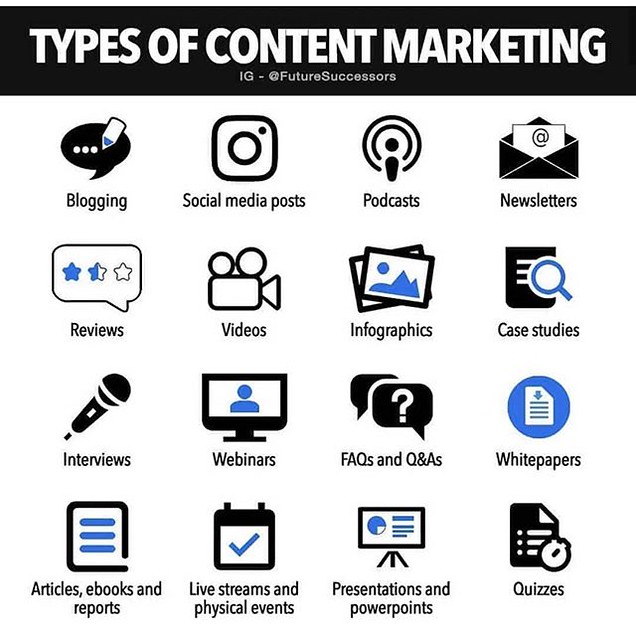Asus
Mumbai: television broadcasters and streaming platforms are worried about the possible influence on their innovative flexibility from the Ministry of Information and Broadcasting’s (MIB) proposed legislation that would need them to get content licensed by an assessment committee before relaying it.
As part of its three-tier regulative system to control broadcasting material, the ministry has actually proposed that each broadcaster and broadcasting network operator need to establish content assessment committees (CECs) and just those programs licensed by CECs must be relayed.
The committee’s members would consist of noteworthy people representing various social groups, consisting of females, kid well-being, arranged castes, arranged people, and minorities. The main federal government might define the variety of members in the panel, the quorum needed, and other information to help the facility and smooth operation of CEC.
The proposition would not just effect innovative flexibility of the broadcasters and OTT platforms however likewise rise expenses and might even show impractical thinking about the quantity of material produced, market professionals stated.
TMT Law Practice handling partner Abhishek Malhotra stated the innovative judgment of broadcasters and OTT platforms will go through another evaluation, which might not be appropriate to content developers.
“There will likewise be a problem of sharing material before it’s proposed for public release– worry of disclosure,” he stated.
An MIB authorities, on condition of privacy, stated the ministry wishes to enhance self-regulation through this relocation, including that the broadcasters will have flexibility in running the CECs.
Market specialists called it a misnomer.
While the CEC will be established by the broadcasting business, it will be based on the prescription of the main federal government, kept in mind Siddharth Chopra, M&E practice lead supporter at Saikrishna & & Associates.
“This, to my mind, makes self-regulation a non-starter,” he stated, describing CECs as mini-certification boards.
The commitment of establishing CECs will use to television channels such as Star Plus, Colors, Zee Television, and Sony Entertainment Television (SET), streaming platforms such as Netflix, Amazon Prime Video, Disney+ Hotstar, and JioCinema, and platform services offered by operators such as Tata Play, Dish Television, and Hathway Digital.
A senior authorities from a big media business explained that all significant broadcasters and streaming platforms currently have requirements and practices (S&P) departments to guarantee their material remain in compliance with guidelines.
“There is little clearness on the brand-new CEC layer– is it inclusive of the existing S&P practices at the broadcaster level or special of S&P?” stated the authorities who asked for not to be determined.
He likewise specified that huge broadcasters have topic professionals from varied backgrounds like local languages, culture, history, and religious beliefs. “The development of the CEC would sustain extra expenses, which will put an additional concern on little broadcasters,” the authorities stated.
A senior regulative authorities from another media business stated the most significant concern of the market is that the MIB may ultimately bring out standards on how the CECs need to work.
The MIB authorities mentioned above stated the broadcasters and OTT platforms will have flexibility in running CECs and hinted that any additional problem on them would be very little.
“Broadcasters currently have procedures through which material is vetted. The CEC required will guarantee that individuals who are vetting the material are understood to everybody,” he stated.
This brand-new arrangement will apply 180 days after the legislation enters impact.
The draft Broadcasting Services (Regulation) Bill, 2023, shows that particular kinds of programs might be exempt from the CEC accreditation.
Market sources stated categories such as news and sports might be exempt from CEC accreditation as they are relayed live.
In the draft expense, the MIB has actually proposed a three-tier system to make sure compliance with the Programme and Advertisement Code besides dealing with customer problems.
The three-tier structure includes broadcasters and broadcast network operators self-regulating at the very first level, industry-led self-regulatory organisations at the 2nd level, and the Broadcast Advisory Council at the 3rd level.
This belongs to the complaint redressal system developed by the Information Technology Rules 2021 for social networks, digital news, and streaming platforms.
The MIB has actually gotten public discuss the costs that, as soon as enacted, will change the three-decade-old Cable Television Networks (Regulation) Act of 1995 (CTN Act).
The expense intends to accelerate regulative procedures, widen its scope to consist of excessive (OTT) and digital news platforms, and integrate modern-day meanings and arrangements for emerging innovations.
While the CTN Act of 1995 uses to television broadcasters and cable television operators such as multi-system operators and regional cable television operators, the proposed law will consist of content platforms such as television channels, FM radio, and OTT, in addition to suppliers such as cable, direct-to-home (DTH), headend in the sky (HITS) and Internet Protocol Television (IPTV).
